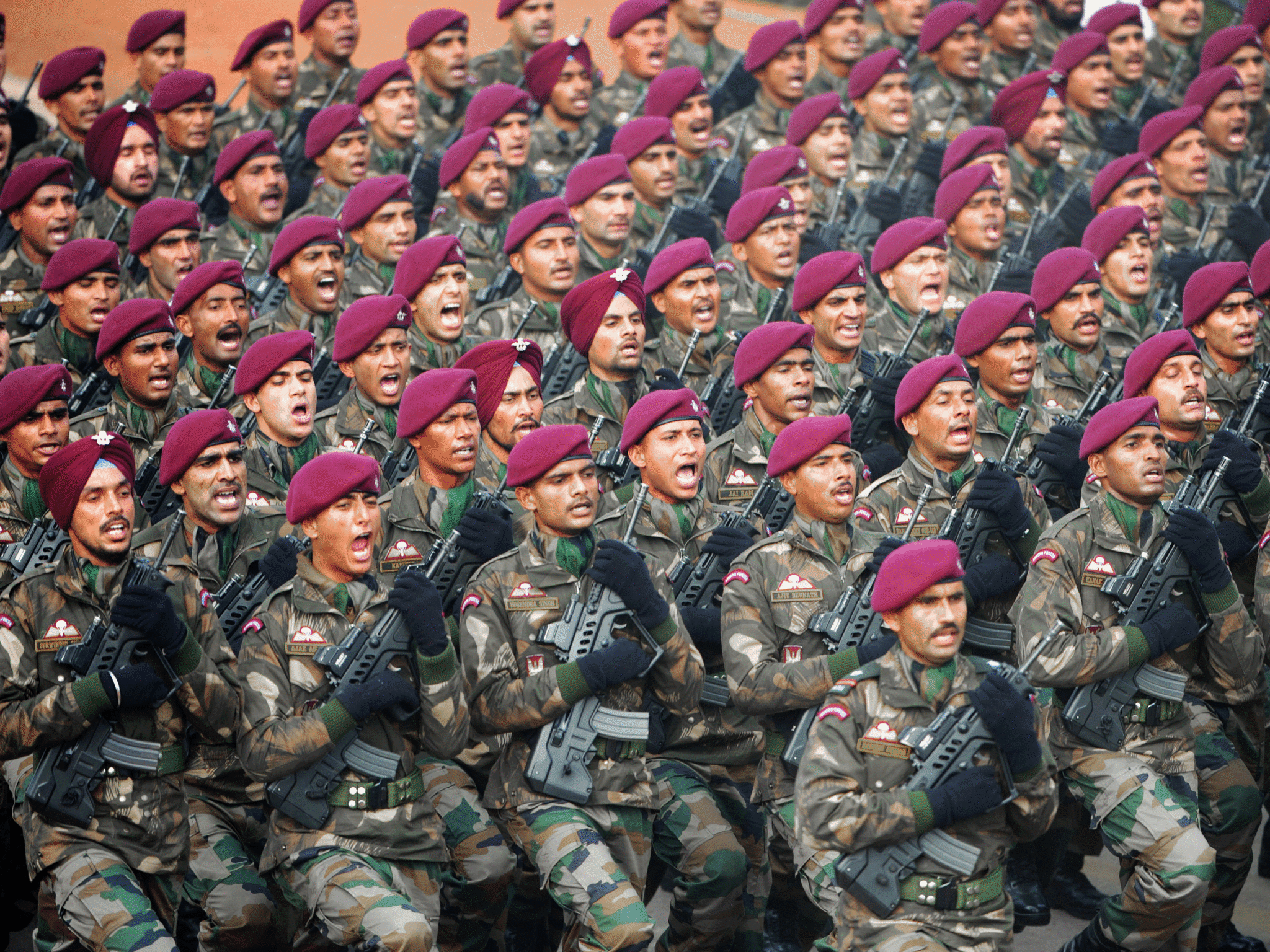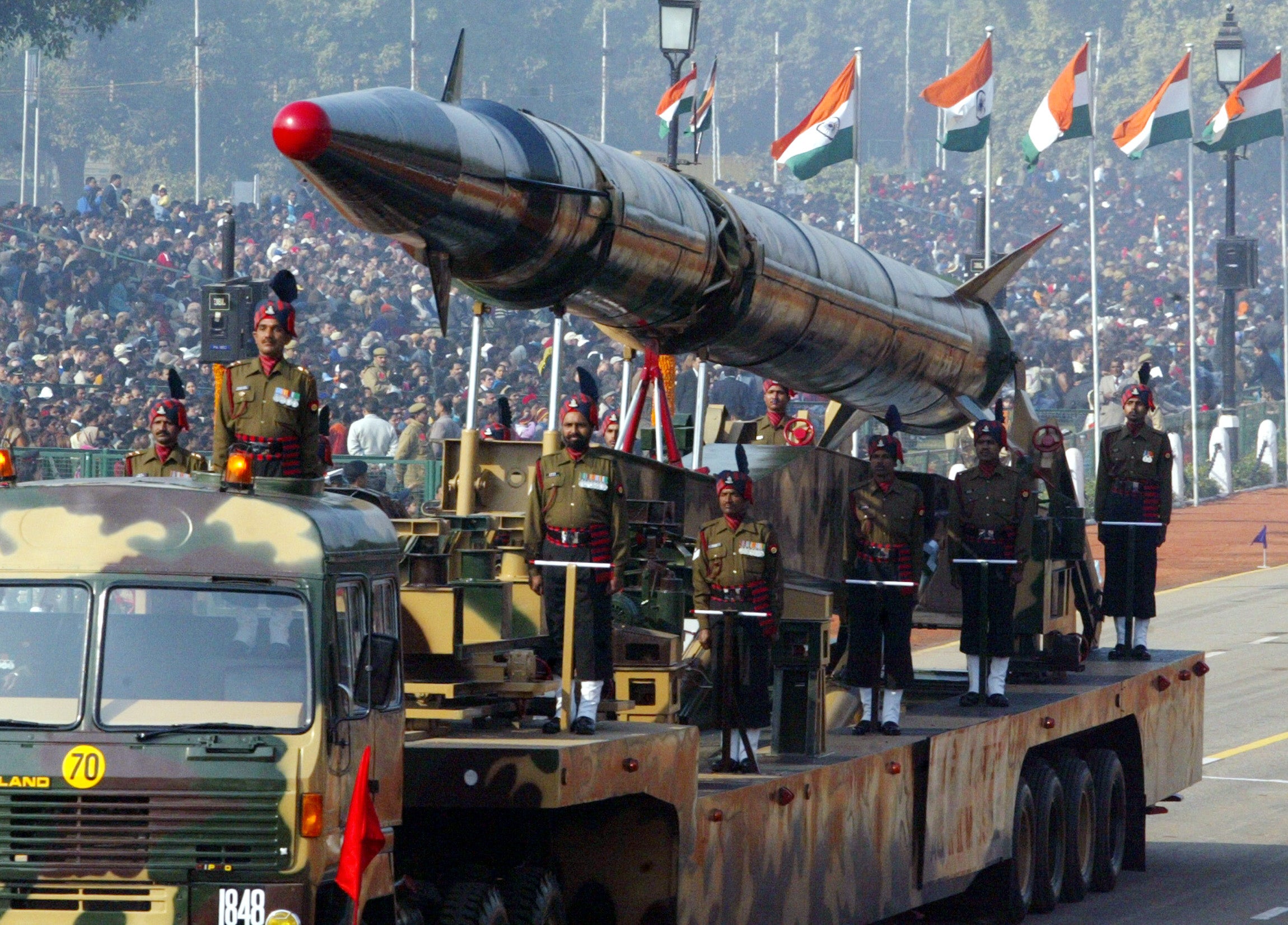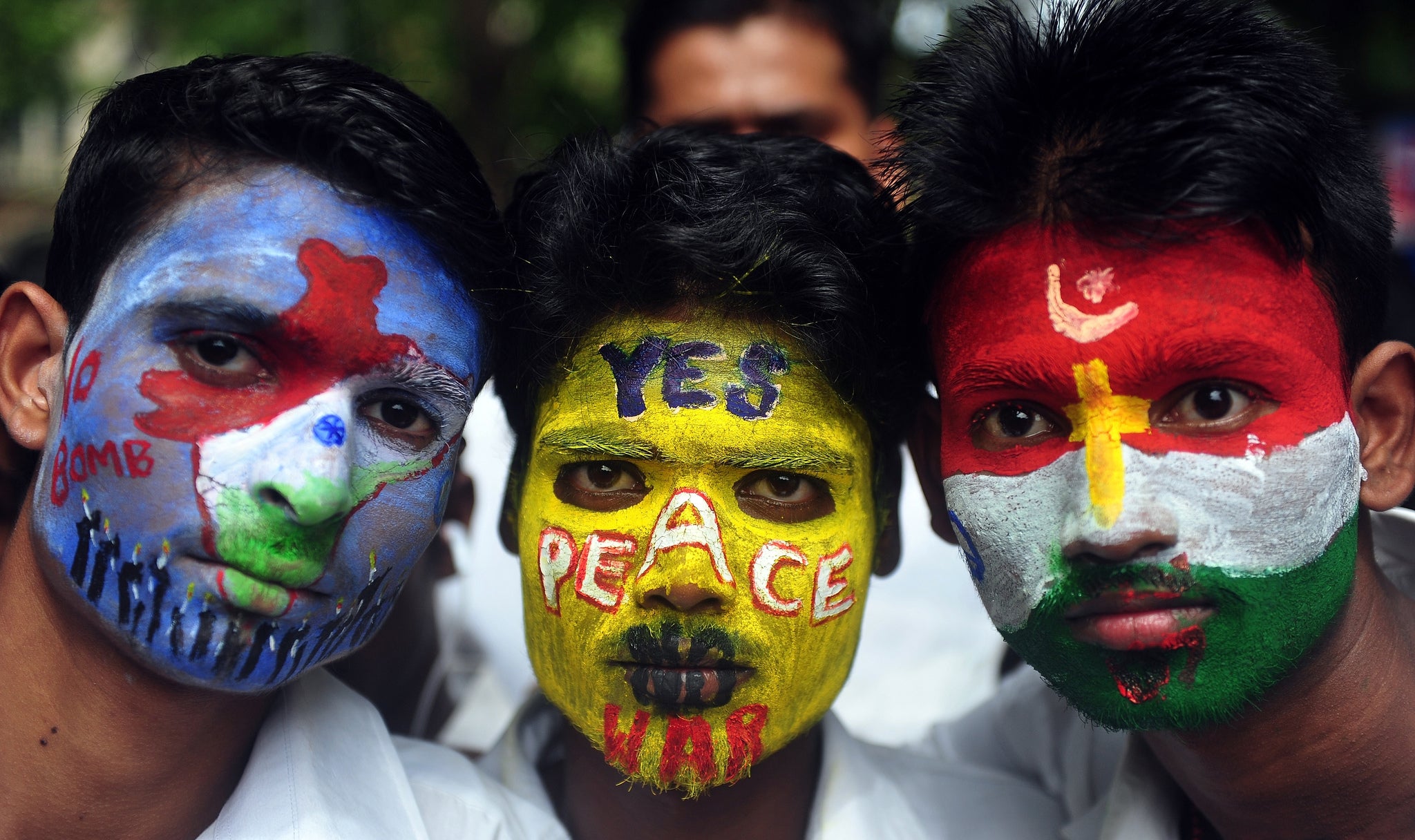Why is the Indian military running out of ammunition?
The current ammunition reserves would struggle to last 20 days in the event of war

The Indian army, the world's third largest standing army, is rapidly running out of bullets.
War wastage reserves (WWR) are collections of military material held in reserve in case of war. This includes bullets and other form of ammunition, as well as equipment, weapons and fuel.
In India, the norm is that WWR should last for 40 days of intense fighting, allowing time for production to be ramped up and delivered to the military.
However, according to a recent report from the Comptroller and Auditor General of India (CAG), the army needs more budgetary support to reach 50 per cent of the target capacity of the WWR.
In other words, the Indian army does not yet have enough ammunition to last even 20 days, and it's not expected to have a full stock of ammunition until 2019 at the earliest.

Some types of ammunition would not even last for 10 days if a war were to break out.
The army will only have a full stock of WWR in 2019 if the targets of a £2 billion ammunition production 'roadmap' are met, something that the CAG says is unlikely.
The shortage comes at a militarily important time for India, just after the raising of a 90,000-man strong Mountain Strike Corps in 2014.
The corps are stationed in the mountainous north of the country, along the border with China and Chinese-occupied Tibet, in order to discourage any feared Chinese aggression on northern Indian territories.
India has a record of arming itself against China - a short border war in the Himalayas between the two countries in 1962 gave India the impetus to develop its own arsenal of nuclear weapons.
And India's constantly hostile relationship with Pakistan makes the ammunition shortage even more worrying for the military. Without a sufficient stock of war material, there are fears in India that the country would not be able to defend itself in the event of war.

The shortage of supplies is blamed on a number of factors - there have been political problems with getting funds to the military, and problems with imports from other countries. Due to bureaucratic problems, from 2008-2013 only 20 per cent of the intended ammunition import was actually imported.
The inadequate production rates of India's 39 ammunition factories is another issue.
The huge size of India's military, which has 1,325,000 members, with another 1,155,000 reserves, means that it is difficult to keep up stocks, even when the country both imports and produces its own ammunition.
Prime Minister Narendra Modi last year announced that India would be cutting back on weapons exports, and instead would try to become a major exporter and producer of its own weapons and ammunition - however, this ambitious plan seems to have contributed to the recent shortage.
The shelf life of ammunition is also causing difficulties - properly stored, bullets and shells can last for decades. But with large stocks of such material, ammunition can degrade unnoticed, causing problems when it is fired.
The new 'roadmap' to having a full WWR stock has been put into action, but it remains to be seen whether the targets will be delivered. In the meantime, Indian defence ministers will continue to worry about their country's war readiness.
Join our commenting forum
Join thought-provoking conversations, follow other Independent readers and see their replies
Comments